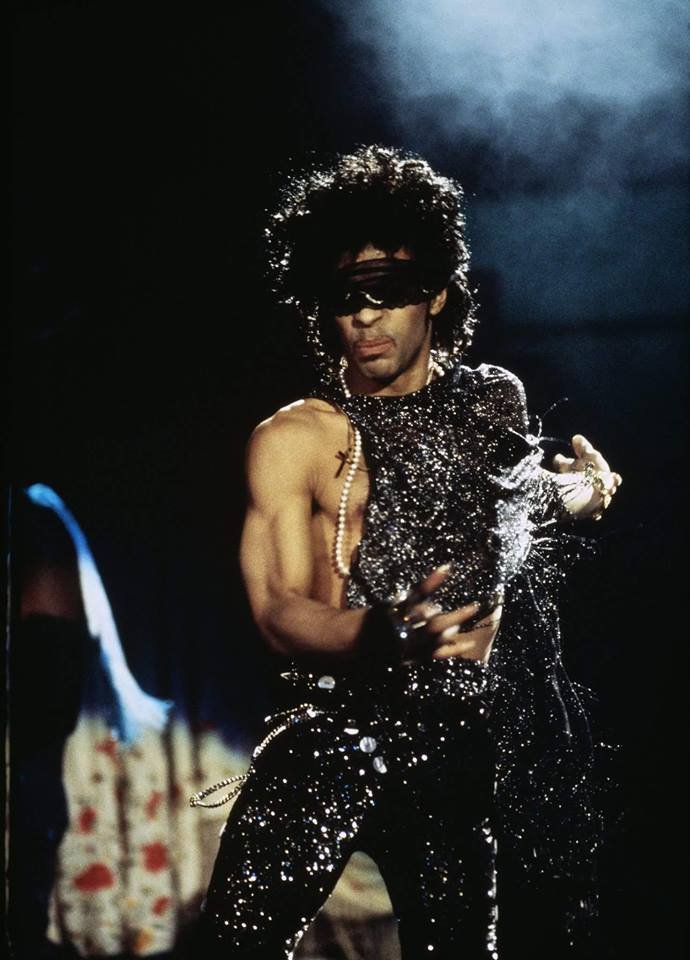It was 1984. When Doves Cry poured out of the radio.
I was ten years young. A distorted guitar tore straight through my spine; my ears woke up instantly. A hypnotizing drum sound dropped and knocked on my heart, while the guitar kept shredding, then it cut to a hard halt and went on in the background. An eerie voice let out strange, otherworldly sounds. A synthesizer played an East-Asian sounding melody, and then his low voice slid in: “Dig if you will the picture... of you and I engaged in a kiss.” I became a fan on the intro alone, but his voice sealed it. It was my first eargasm.


